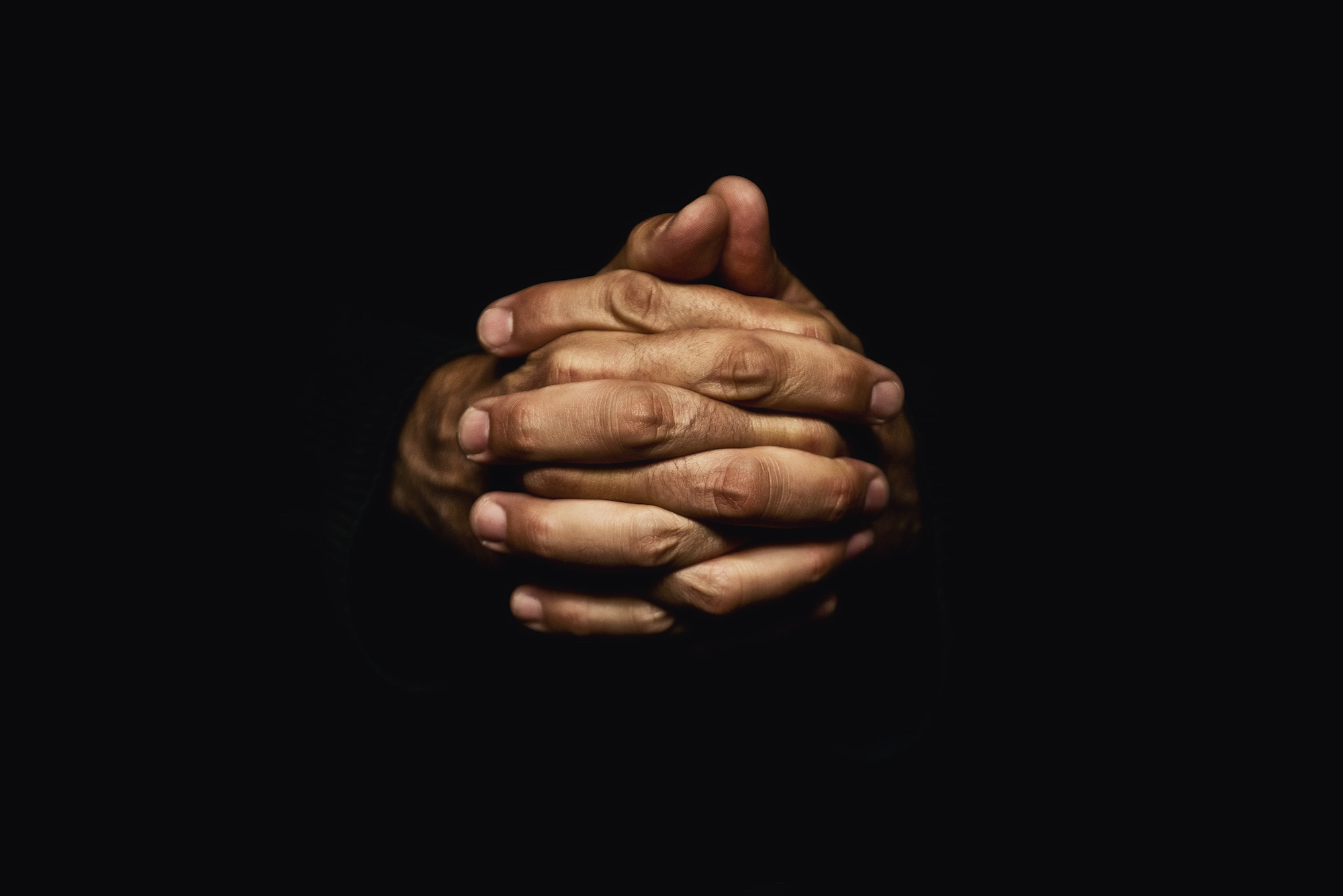What an interesting coincidence that the violent attempt to overturn the presidential election of 2020 occurred on the day Christians celebrate Epiphany! On the first anniversary of that ugly day and as another Epiphany arrives, it seems appropriate to reflect on the relationship between them.
Epiphany comes from a Greek word meaning “appearance,” “manifestation,” or “revelation” and is commonly linked with the visit of the Magi to the Christ child (Matthew 2:1-12). The Magi, from the region of what we know as Iraq and Iran, were foreigners who studied the stars for signs of divine presence and revelation.

An implication of Matthew’s story is that the God made known in Jesus the Christ reveals God’s self in multiple ways and to ALL people. God’s saving presence is not limited to our religion, our race, our nation, our culture, our political party. God is sovereign over ALL!
Matthew portrays Jesus’ birth as a threat to prevailing political power. He specifically declares that the babe of Bethlehem is “king”! That’s an obvious threat to King Herod, who ruled the known world with brutality, violence, and cruelty.
Maintaining power was Herod’s priority and he would go to any length to hold onto that power, including killing members of his own family and innocent children. He was deceptive by pretending that he was only wanting to pay homage to the newborn king. His methods were calculated, brutal, and catastrophic.
Herod’s actions were motivated by fear of losing power and he considered instilling fear in others a necessary means of control. He was enabled by throngs of supporters who, too, were afraid and who had bought into the lie that Herod ruled by divine authority.
Matthew’s story of the nativity and Herod’s response is as contemporary as today’s news! It is about more than Jesus, the magi, and Herod. It is about the human condition and the exercise of power and control, especially political power.
Power is addictive! Fear fuels the addiction, the fear of losing control. It’s present in all of us to varying degrees. However, when maintaining power and control results in deception, coercion, bullying, and violence, the results are pervasive and lethal for individuals, communities, and nations.
The storming of the nation’s capital on January 6, 2021, was a blatant attempt to hold onto power and control. It was fueled by fear and a “big lie,” and it was enabled by some members of Congress, political advisors, and even some religious folk who believed that the former president was divinely anointed.

Jesus and Herod represent two “kingdoms” and two expressions of power. Herod represented the power of the Roman empire with its political and military clout. Jesus embodied “the kingdom of God,” the reign of love, justice, generosity, and peace/shalom. Herod was committed to the love of power. Jesus was committed to the power of love!
The insurrection in Washington, D.C. on January 6, 2021, was an epiphany, a manifestation or revelation that Herod’s fears, methods, and abusive exercise of power remain with us.
Epiphany Day in the church year, however, reveals another kingdom at work in our world. It represents an alternative to the deception, coercion, bullying, and violence rooted in the fear of lost power and control.
That alternative is the way of compassion, justice, honesty, and service on behalf of the common good. It is the way shown to us by Jesus of Nazareth, about whom the Apostle Paul wrote: “. . . though he was in the form of God, did not regard equality with God as something to be exploited, but emptied himself, taking the form of a slave, being born in human likeness. And being found in human form, he humbled himself and became obedient to the point of death—-even death on a cross” (Philippians 2:6-8).
May our celebration of Epiphany and the remembrance of the Insurrection of January 6, 2021, include renewed commitment to follow the One who transforms the world through the power of self-emptying love.



 This week I sent the final draft of manuscript, Ministry with the Forgotten: Dementia through a Spiritual Lens, to Abingdon for the their review and editing. The book is the outgrowth of the journey Linda and I have been on for more than ten years.
This week I sent the final draft of manuscript, Ministry with the Forgotten: Dementia through a Spiritual Lens, to Abingdon for the their review and editing. The book is the outgrowth of the journey Linda and I have been on for more than ten years.